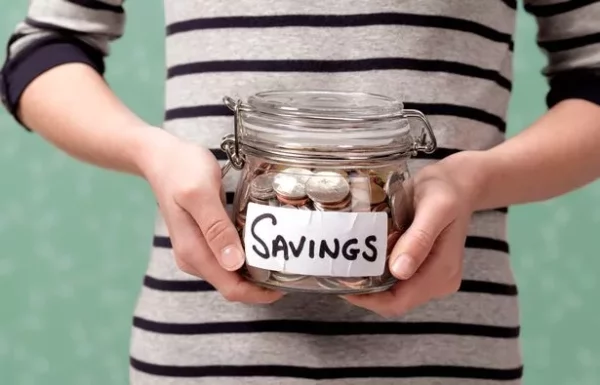
How to Improve and Manage Your Credit Score

Your credit score is far more than just a number. It often determines whether you can buy a house, a car, a phone contract and many other things integral to day-to-day life. Yet nearly half of UK citizens have still never checked their credit report. Most of us will need to borrow money at some point in our lives, so it’s important to be aware of our credit scores to avoid any financial disappointments further down the line.
Experts recommend checking your credit report at least once a year, which you can do for free by contacting all three major UK credit reporting agencies—Experian, Equifax and TransUnion—all of whom use different metrics to calculate scores. Once you know where you are on each agency’s scale, you’ll know what you need to do to maximise your chances of being approved for a loan. Whether you wish to maintain your credit score, or significantly improve it, here are some changes that will benefit your financial standing.
Buy big ticket items on finance
Buying on finance is an option some companies offer, giving customers a loan with which to purchase their goods without cash or a credit card. While this is a convenient way for consumers to As you’ll be responsible for paying them back, lenders can use these arrangements to ascertain how good you are at borrowing money—make the correct repayments on time, and your credit score will improve accordingly.
Shopping through retailers like La Redoute, Simply Be, or any other catalogue for bad credit, allows you to obtain a loan, regardless of your credit history. This isn’t always possible for more expensive items though, and companies may still reject those with a poor rating. As a result, some companies have begun offering loans specifically for those wanting to boost their score. This means it’s possible to buy a car with bad credit, or even apply for a mortgage with a low score, and many of these agencies will provide advice on how to further improve your credit rating.
Keep your credit utilisation low
If you’re in the habit of maxing out your credit cards, we have three words for you: stop it now! For one thing, it’s bad news for your credit score, as it makes it seem like you’re over-reliant on money that isn’t yours. On the other hand, if you’re only using a small proportion of your available credit, this will present you as a sensible borrower, which will cause your rating will increase. The ideal credit utilisation level is 30%, which means if you have a £1000 credit limit, aim to spend no more than £300 a month. If you need a little more, try not to go over 50%. Between 50% and 75% will cause an “amber flag” to appear on your credit file, and may impact your score. Going above 75% results in a “red flag”, which will almost certainly cause your credit rating to dip.
Cancel unused credit cards
Lenders may be wary if you have access to a lot of credit sources, regardless of whether you use them all or not. If you’re trying to improve or manage your score, it’s worth cancelling any cards you no longer use, which lowers your available credit. However, you should be thoughtful about the accounts you decide to close. Any that have been open for a long time and have a good credit history may actually benefit your score. Look over your transaction history for each card, and shut down others that you’ve barely used, and remember that physically cutting a card in two is not the same as cancelling it. Inform the company of your decision, then check your credit file a couple of months later to make sure it’s been removed.
Ensure you’re on the electoral roll
Bettering your credit score could be as simple as ensuring you’re registered to vote. Though not directly relevant to your creditworthiness, signing up on the electoral roll is surprisingly helpful to lenders. This is because they can use this information to confirm the accuracy of the personal details you’ve disclosed in your credit application, ensuring that fraud or identity theft isn’t being committed. As such, lending to you will seem less risky.
Set up direct debits
Missing a payment is a surefire way to damage your credit score, so setting up direct debits will minimise the risk of this happening. Doing so automatically ensures that your bills will be paid on time, helping convince lenders to trust you to make repayments, which means a better credit score. It’s up to you whether you want to pay the minimum required, the full balance or a fixed monthly sum.
Rather than risking a late payment, you should choose to pay everything off if you can. And don’t be fooled into thinking it’s a good idea to carry over even a small balance. Though 22% of people believe this helps their credit score, the opposite may actually be true, as this will gradually increase your credit utilisation. Leaving an outstanding balance also means you’ll be financially worse off, as a result of interest charges.













































